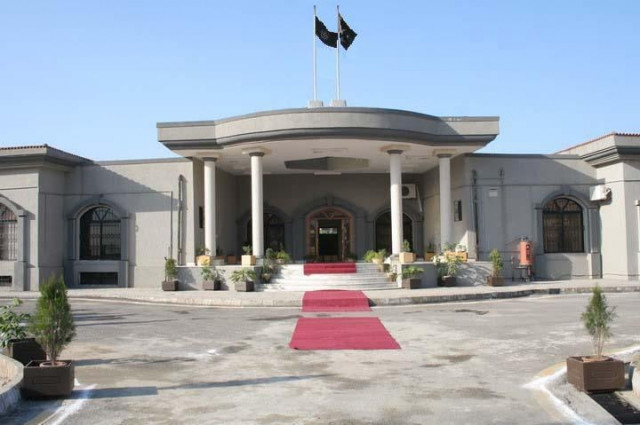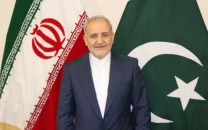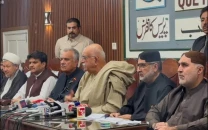IHC sees surge in political cases in 2024
Court witnesses social media campaigns targeting top judges

The Islamabad High Court (IHC) remained a focal point of political and judicial activity in 2024, grappling with a significant influx of cases, particularly involving the Pakistan Tehreek-e-Insaf (PTI) Founder Imran Khan, his wife Bushra Bibi, and other PTI leaders. Many of these cases stemmed from district and special courts, keeping the judiciary in the public spotlight.
The year saw social media campaigns targeting Chief Justice Amir Farooq and other judges, allegedly to exert pressure on the judiciary.
In a significant development, six out of eight IHC judges addressed the Supreme Judicial Council, raising concerns about interference in judicial matters.
Tensions escalated further when all IHC judges received threatening letters containing arsenic powder.
Despite frequent criticism from the PTI Founder, the Islamabad High Court granted him and his party substantial relief in various cases.
Hundreds of petitions and appeals filed by PTI and its leaders were adjudicated, with several rulings favouring the petitioners.
Key decisions included the acquittal of the PTI Founder and Shah Mehmood Qureshi in the cipher case and the nullification of a special court's ruling.
The court also suspended the sentences of Imran Khan and Bushra Bibi in the Toshakhana case and granted interim bail in another Toshakhana case and the £190 million case.
Additionally, the court dismissed a petition seeking Imran Khan's disqualification for allegedly failing to disclose Tyrian White in his electoral nomination papers.
In other notable rulings, the IHC ordered the recovery of 91 out of 95 missing Baloch students and missing poet Ahmed Farhad.
Caretaker Prime Minister Anwarul Haq Kakar appeared in court regarding the cases of missing persons, for which a larger bench was constituted.
In a related case, the court sentenced deputy commissioner Islamabad to six months in prison and the SSP Islamabad to four months, alongside fines, for their roles in the detention of Shehryar Afridi.
The court allowed PEMRA's petition against a decision banning court reporting and directed telecom companies to refrain from recording customers' phone calls in the audio leaks case.
Structural changes also marked the year, with the number of IHC judges increasing from nine to 12.
Contempt proceedings were initiated over social media campaigns against judges, and full court benches were constituted for several cases.
Additionally, a decision convicting Imran Khan and Bushra Bibi in the iddat case was overturned by Additional District and Sessions Judge Muhammad Afzal Majuka.
The IHC's decisions in 2024 highlighted its pivotal role in addressing political and constitutional challenges while dealing with pressures from various quarters.



















COMMENTS
Comments are moderated and generally will be posted if they are on-topic and not abusive.
For more information, please see our Comments FAQ